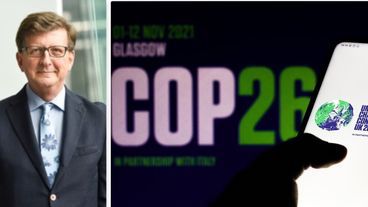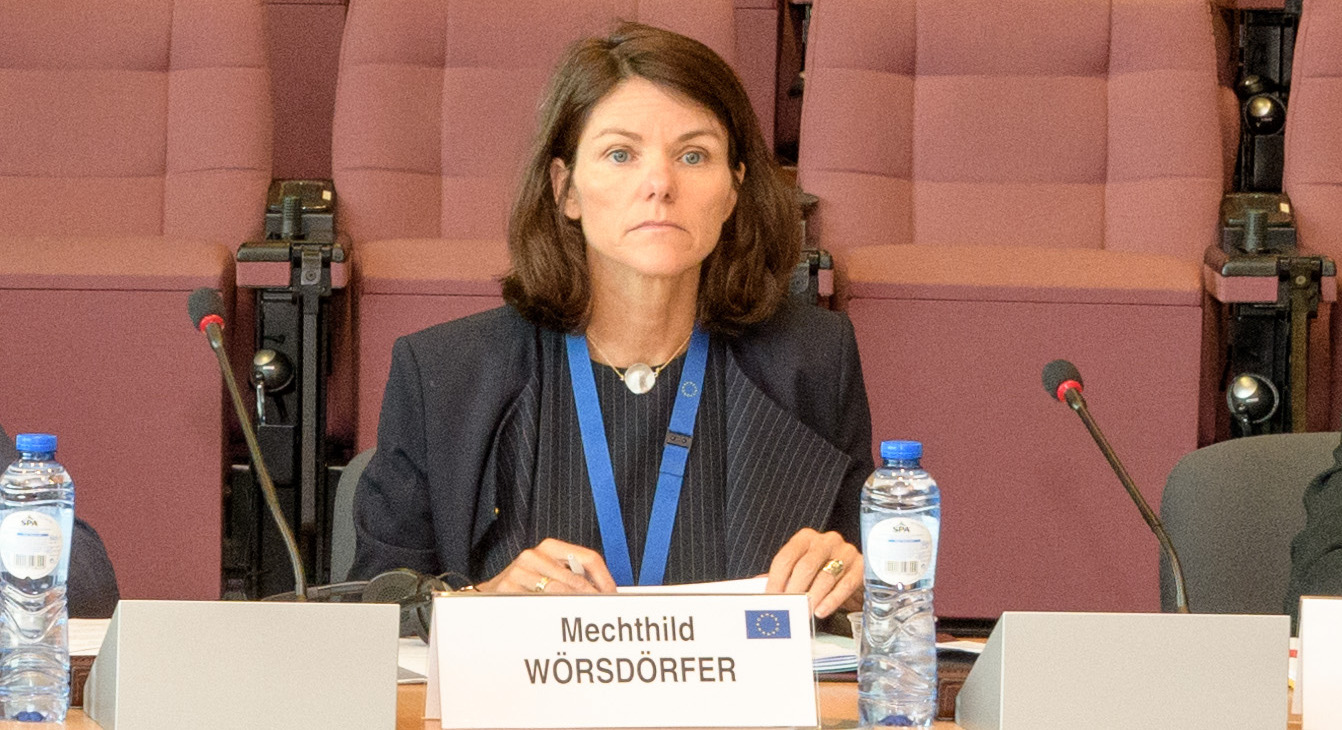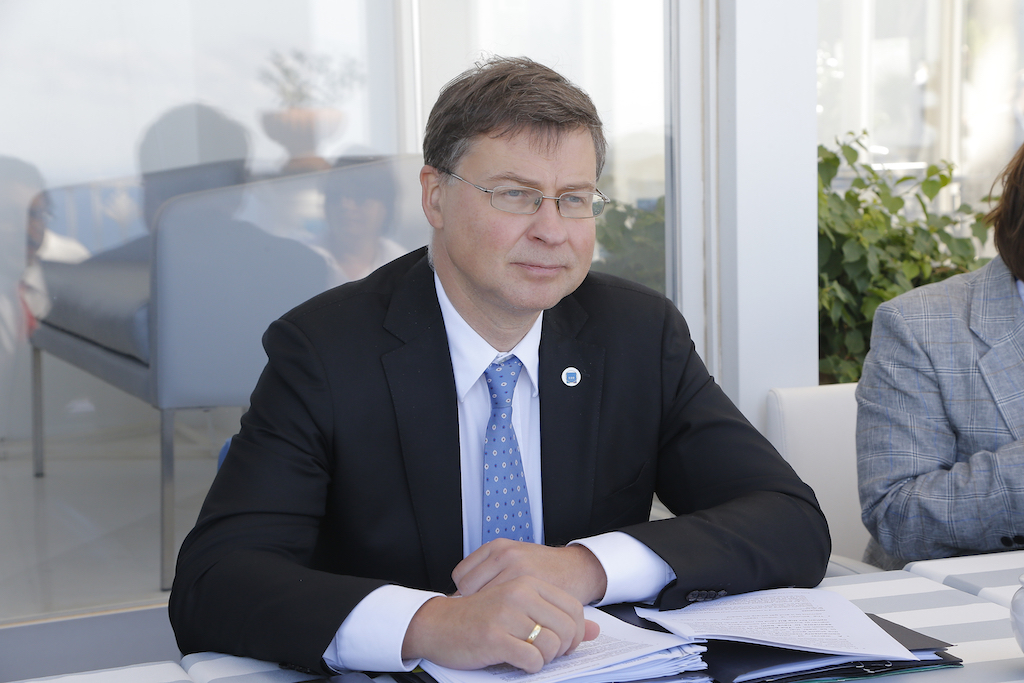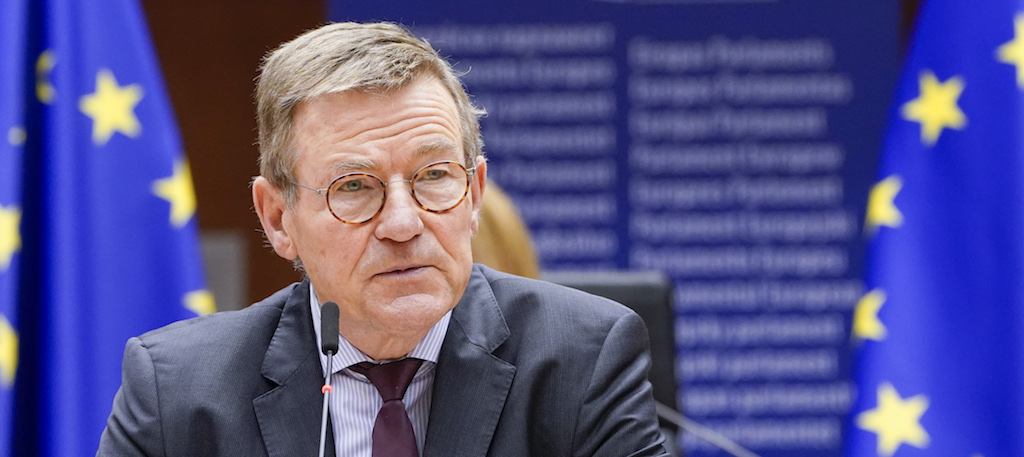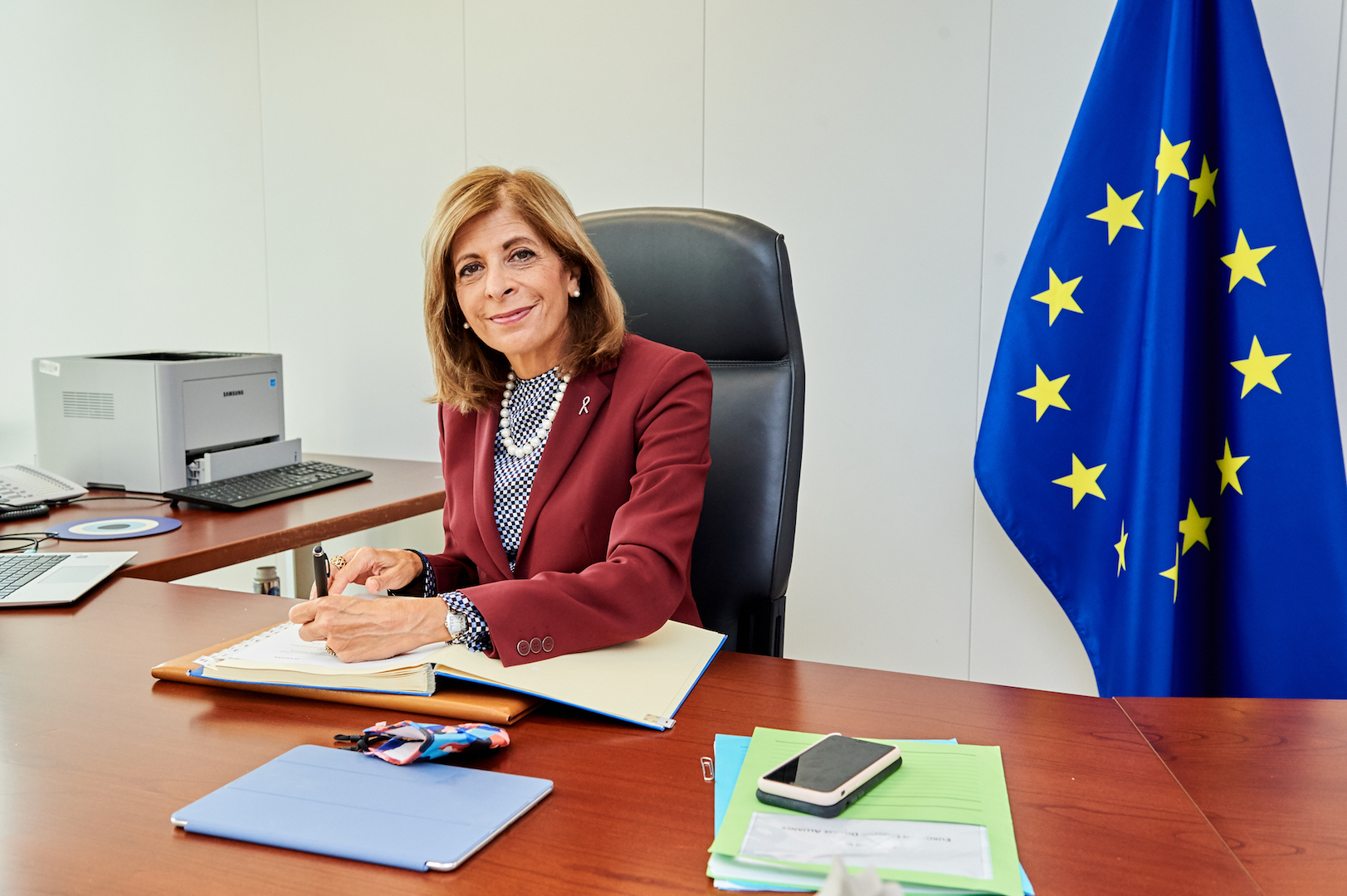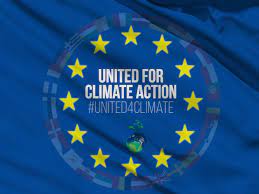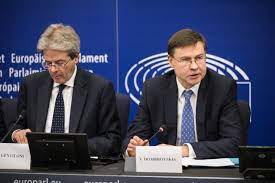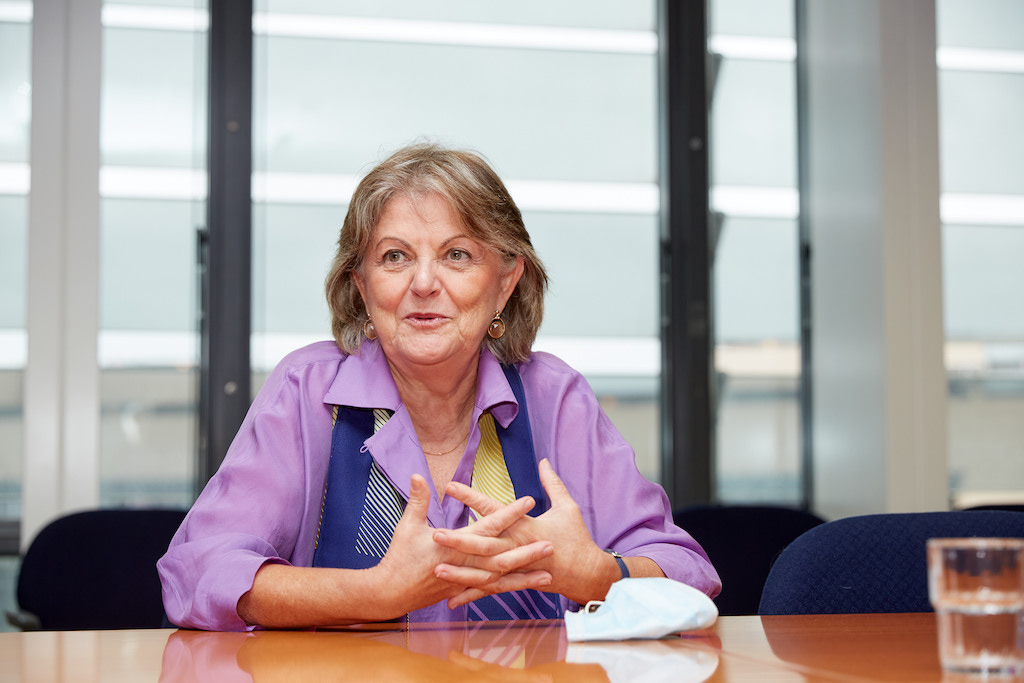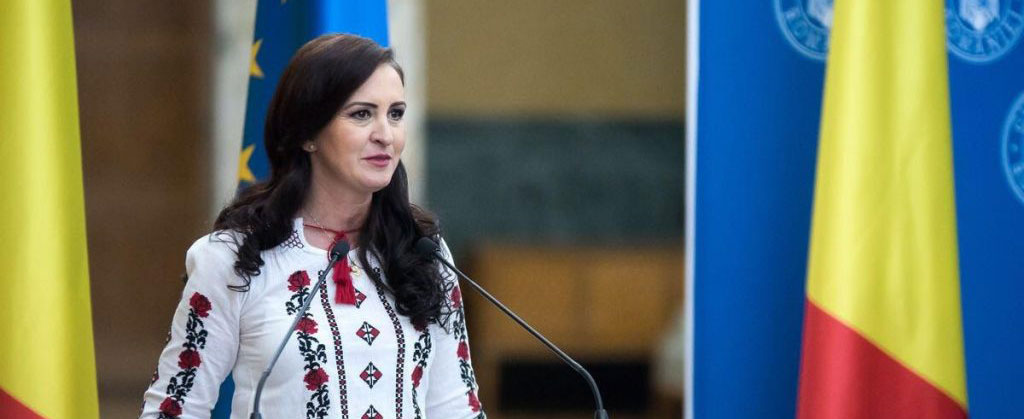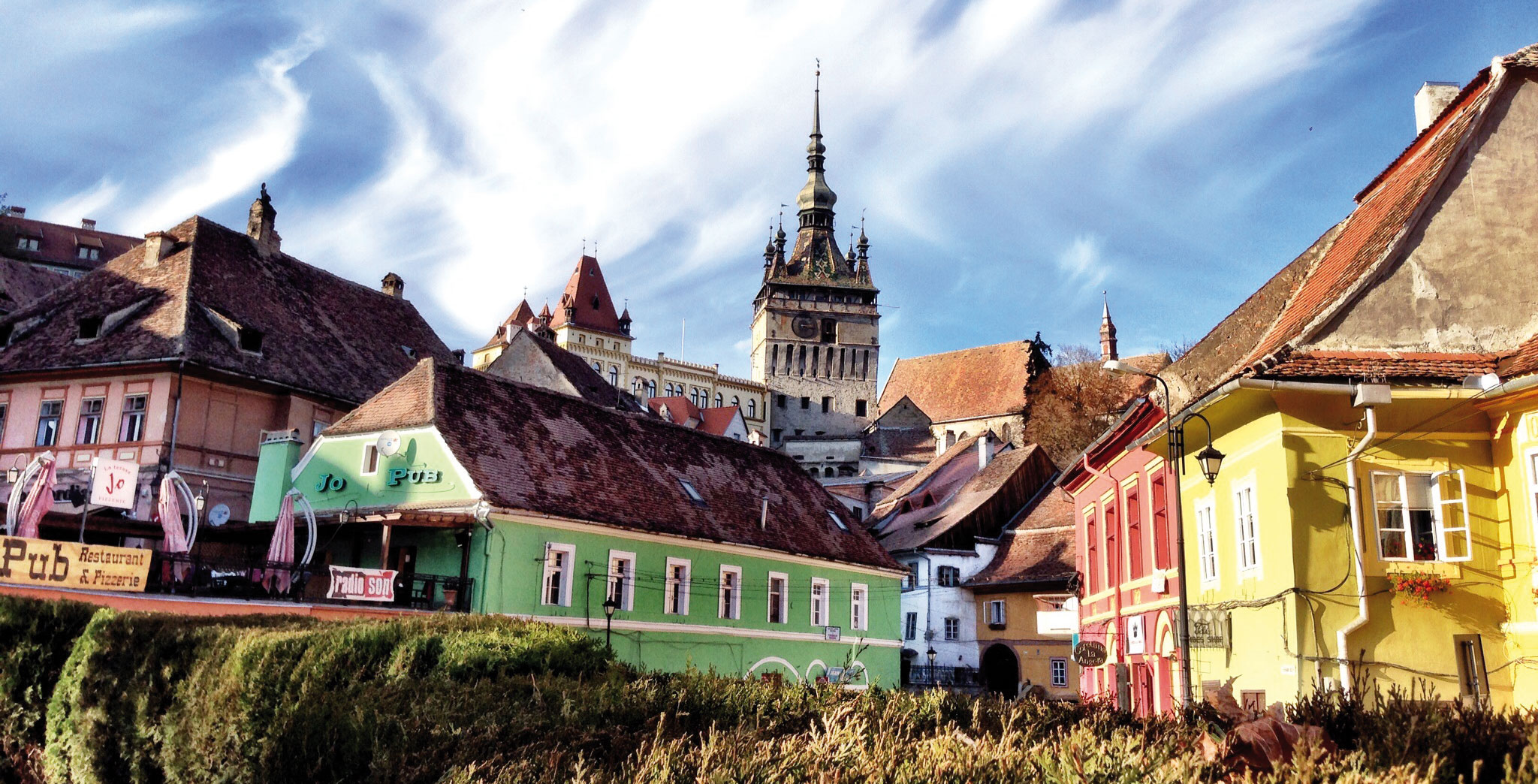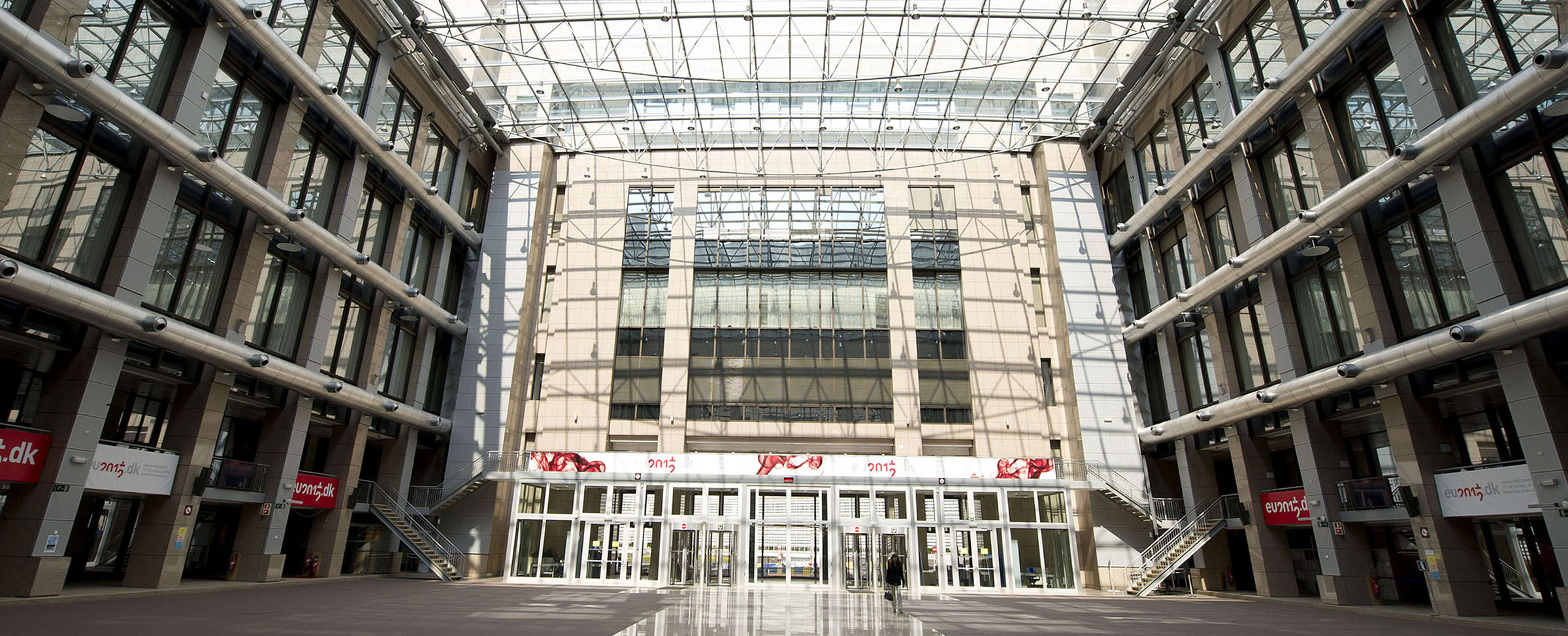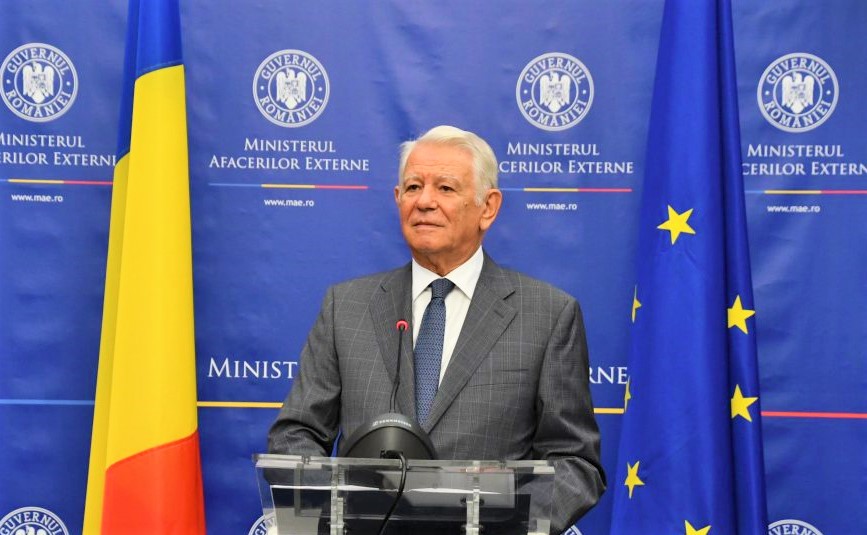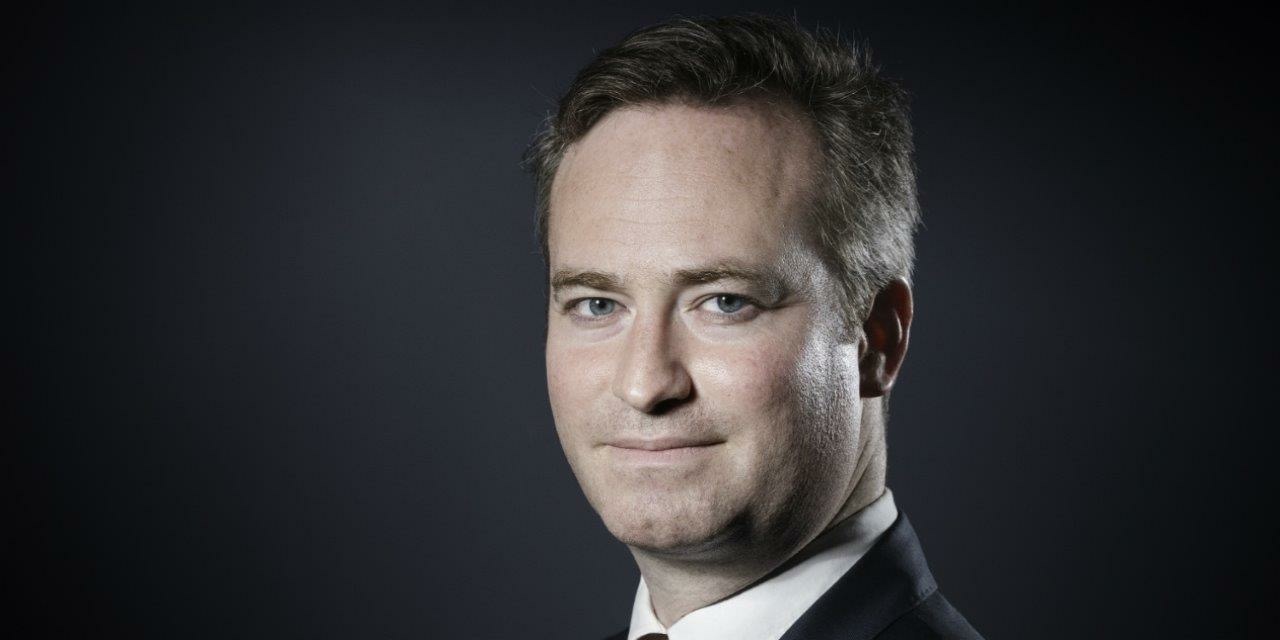This poll “Reflection Europe or give your opinion on Europe” is the result of an opinion formed by the Committee of the Regions, which I proposed three years ago, and which was intended to reconnect Europe with citizens. We start from the fact that the Europeans do not understand how Europe works and that they feel they’re not heard. So we set up two devices: First citizen dialogues that take place throughout Europe: France was a pioneer at my initiative, and then so that these citizen dialogues are not just “bottles lost at sea” and have no follow-up, we have set up this questionnaire with open and closed questions. It allows for a collection of all the opinions of those who have given an answer and which will serve as a support for the drafting of an opinion of the Committee of the Regions on the question of the future of the union.
What is citizen dialogue, a meeting of citizens with their communities in a given place?
A citizen dialogue is a meeting organized by the members of the Committee of the Regions with the participation of European parliamentarians, local people, representatives of civil society to discuss a particular subject. For example, we went to talk about immigration in the Maritime Alps, we talked about origin appellations in the Jura and we talked about fishing problems in Brittany, etc.
We went a little bit into sensitive themes by listening to citizens where they have concerns, fears and anger. These, in very short formats, are not academic meetings with people who make long speeches but rather questions & answers, and a way to organise the debate so that everyone can give their opinion.
Did you decipher these returns a bit to build your questions and possible answers?
We reported on these meetings, but at one point we said that we needed to go further and that we needed to organise a questionnaire at the European level. By broadcasting it on the Internet, the aim is to collect tens of thousands of opinions from Europeans throughout Europe.
Have you set or imposed volume goals?
We hope to reach 30,000 – 40,000 answers by the end of the year. We are already at 13,000, which is not so bad.
We will also step it up a gear as part of citizen consultations. They will be set up at the initiative of France and we have a goal, in liaison with the European Commission, to organise 400 citizen dialogues in 2018. The aim is to go to all regions and to be able to multiply these citizen meetings, which will now be called democratic consultations, to show Europeans, before the European elections, that those who are the European decision-makers are there to listen to them, to put their opinions back to the European institutions and to respond to the order of Donald Tusk who wished to have this opinion of the Committee of the Regions as part of the reflection of the commission on the future of Europe.
In anticipation of the European elections of 2019, isn’t it a great tool for mobilising European citizens?
We want European citizens to know what Europe is all about and the importance of Europe and to move from systematic criticism to constructive criticism. Europe is a tremendous asset, it does a lot and if growth starts again, it’s because of it. However, we need criticisms that go in a positive direction, the exit of the European Union is a disaster – we see it with Brexit, so today we must dare to say together how can we improve the European Union.
What are the stakes and the risks of such an investigation because you do not master the answers, you can only analyse them?
When we ask a question we do not always know the answer, it’s in the nature of things, but the biggest risk would be not to ask questions or listen. So we are a bit in danger because we do not know what will come out of these questionnaires but it is a chance to know what the Europeans think and also to be able to collect their opinions.
Every European citizen can have a good idea for improving Europe. The European elections are going to be a truly crucial moment in the future of Europe, which is why we want to contribute to the deepening of the European Union and its success. An essential thing for each and every one of us, both for the continent as a whole and for the everyday life of every European in the territories of the European Union.
Will the European Committee of the Regions fully assume the achieved results?
We will assume, play the transparency card, or give the opinion of the Europeans overall and I think that it will be one of the important elements for the restoration of the confidence of the citizens in Europe and also for the objective that I had initially; that is to reconnect Europe with its citizens.




